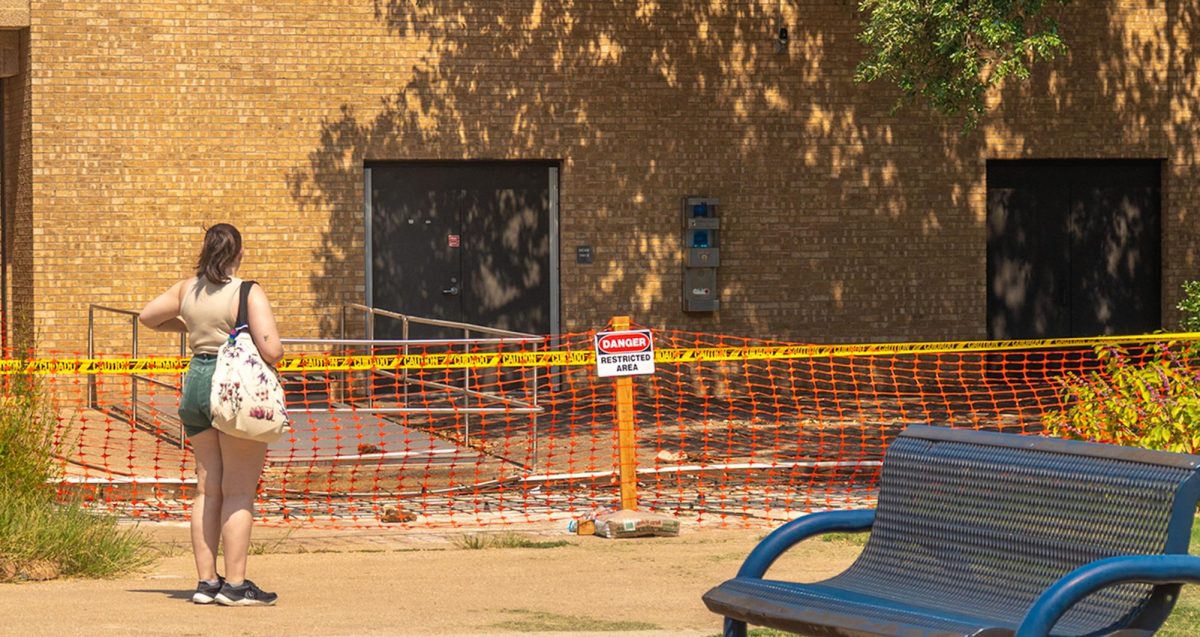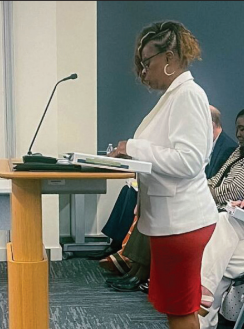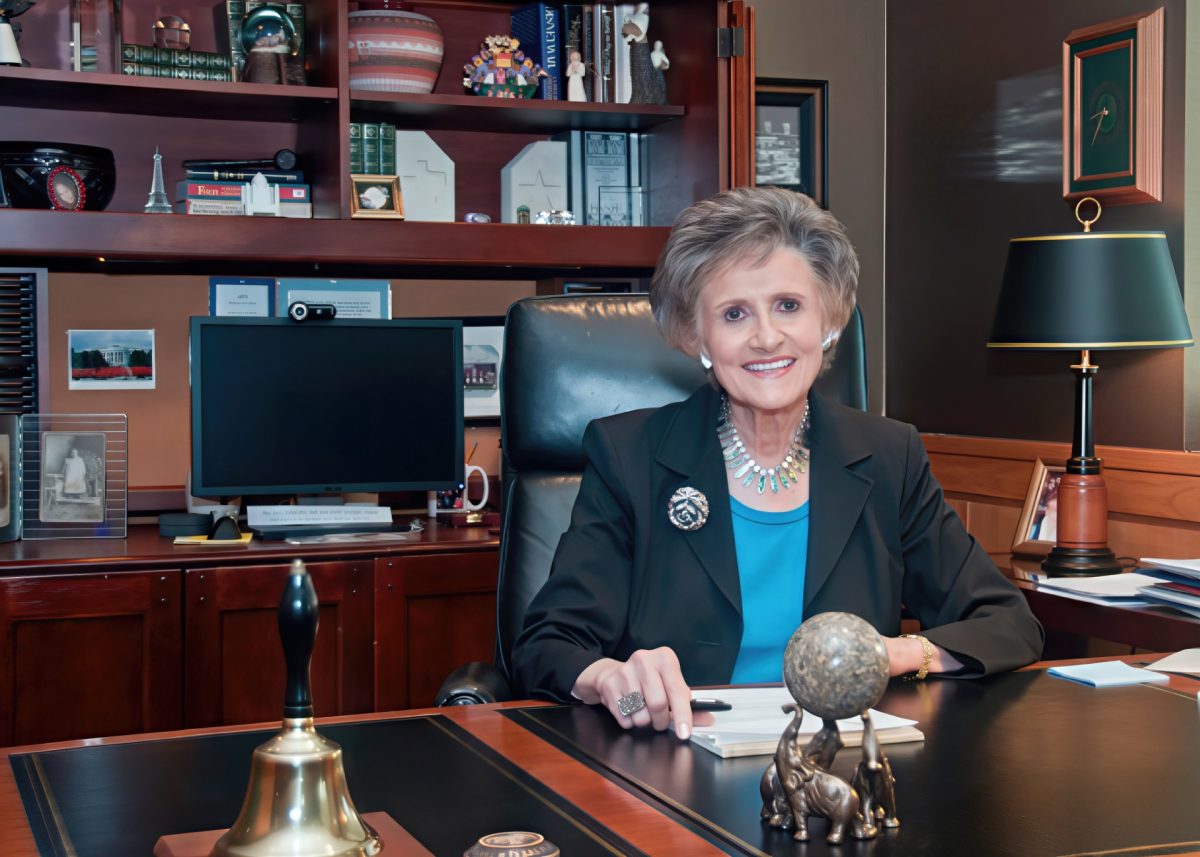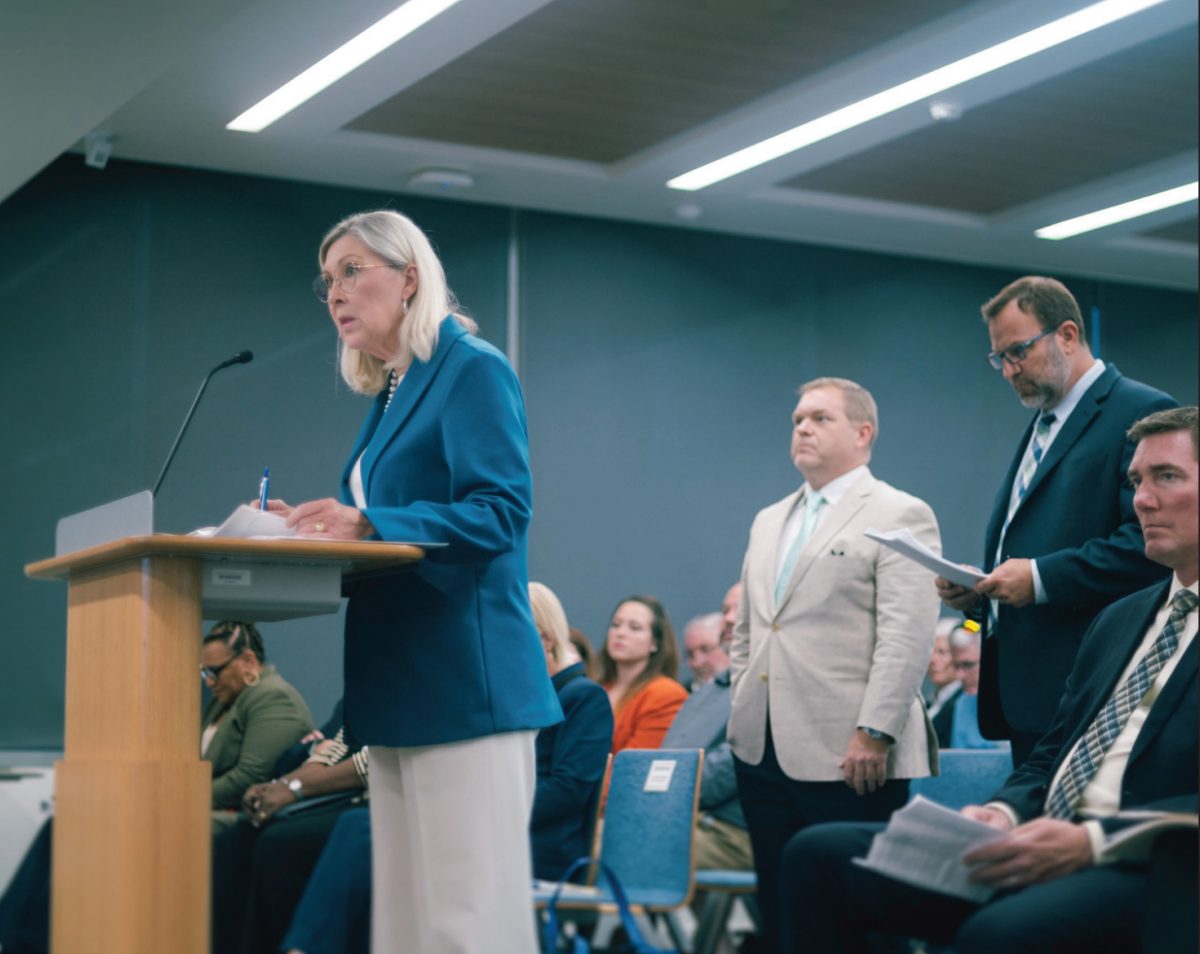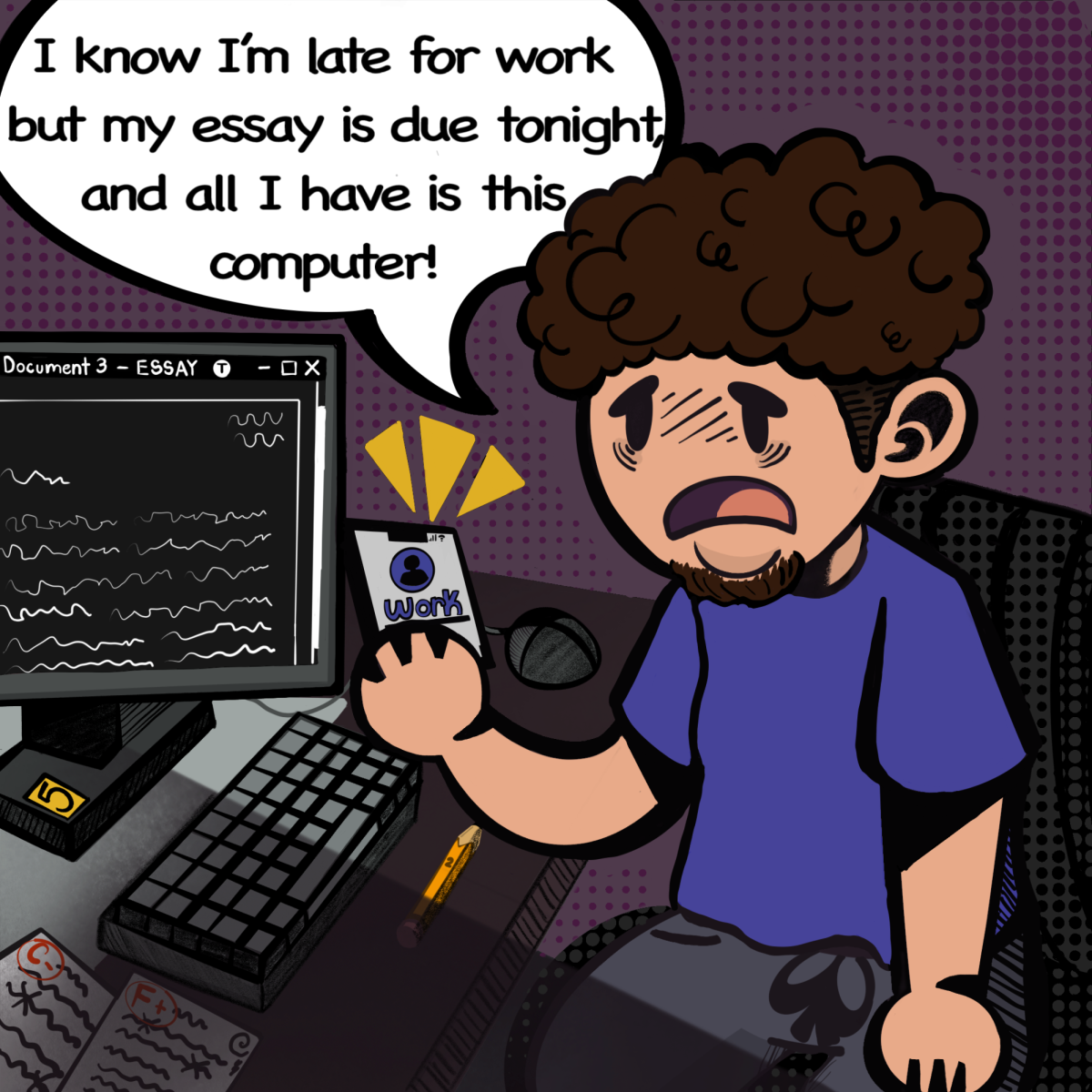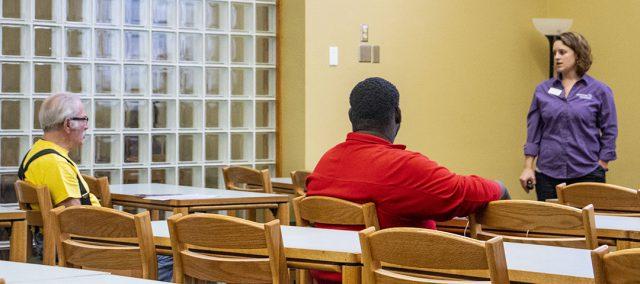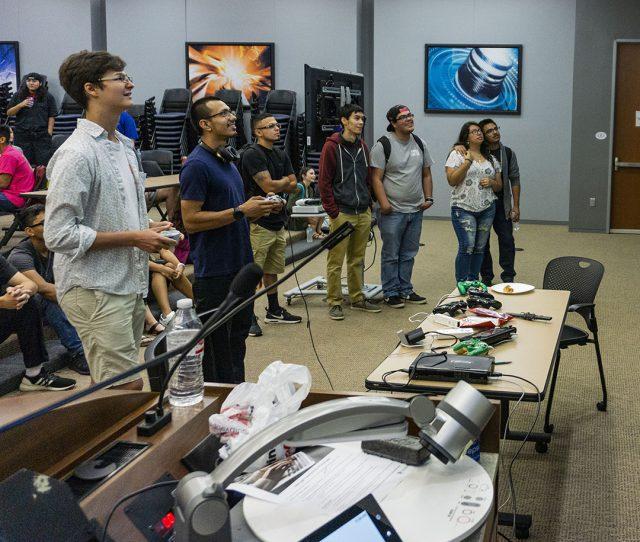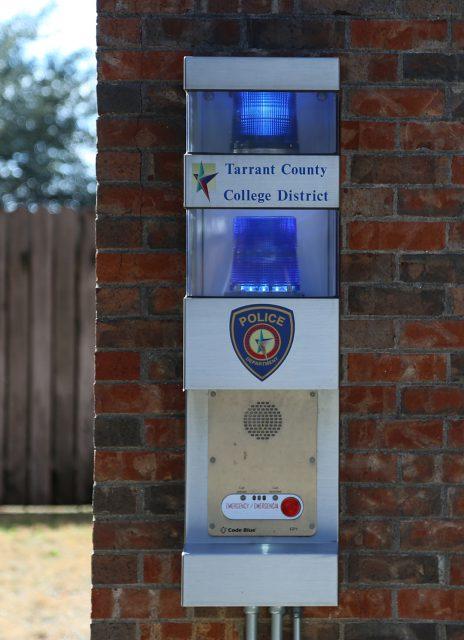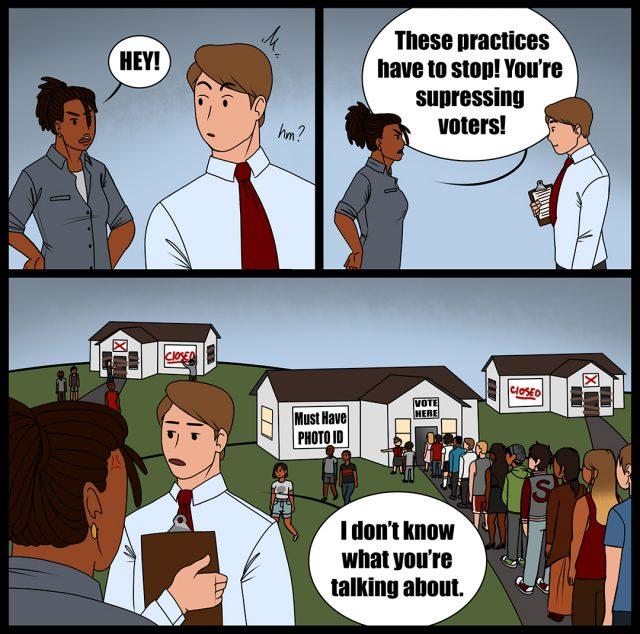By Brian Fenley/reporter
Alzheimer’s is not a normal part of aging — it is a progressive brain disease that causes problems with memory, thinking and behavior, and it is ultimately fatal, according to an expert who spoke about the disease Sept. 19 on SE Campus.
Students and community members learned 10 ways to help a family living with Alzheimer’s in Memory Loss, Dementia, and Alzheimer’s Disease presented by Melissa Griffin, education outreach coordinator at the local chapter of the Alzheimer’s Association.
September is World Alzheimer’s Month, a campaign to raise international awareness and challenge the stigma surrounding dementia.
About 5.7 million Americans currently live with Alzheimer’s, and 200,000 are younger than 65 years old, Griffin said. Every 65 seconds someone develops the disease, and one in three seniors dies with Alzheimer’s or another form of dementia.
“Age is the biggest factor,” she said.
Most people are diagnosed with Alzheimer’s disease at age 65 or older. Siblings or parents of people suffering from the disease are also more likely to get it, Griffin said. Diabetes and heart disease can also increase the odds.
Griffin said the disease’s three stages begin with the mild, early-stage impact on learning and memory, then later loss of brain function involving planning and carrying out tasks. In the middle, moderate stage, the parts of the brain for speaking, understanding and having a sense of where the body is related to objects around them are affected. The late, severe stage of Alzheimer’s typically requires round-the-clock patient care.
While no cure exists, there are treatments for patient symptoms. Griffin stressed the need to see a doctor to get a proper diagnosis and treatment and to contact the Alzheimer’s Association for resources and information.
Students can help the Alzheimer’s Association by volunteering and becoming an advocate by participating in clinical studies, Griffin said. They can also participate in the two-mile Walk to End Alzheimer’s at 8 a.m. Oct. 8 on SE Campus by signing up at alz.org/walk.
Audience participants ranged in age from students to retirees, and each attended the seminar for personal reasons.
“The seminar had a lot of useful information and identifiers in the process of realizing your loved one would have Alzheimer’s or dementia,” Somiari Tobin said.

